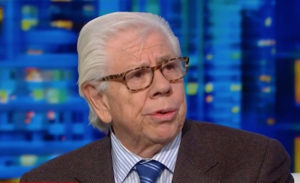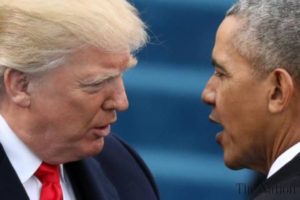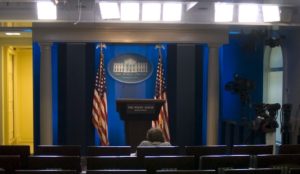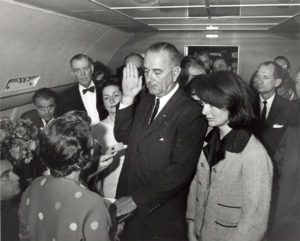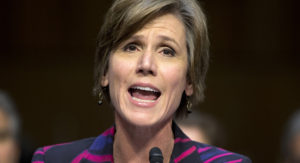Carl Bernstein knows a political malignancy when he sees one.
The famed journalist and author believes he is witnessing one at the moment that well might be metastasizing before our eyes.
Those of us of a certain age who pursued journalism as a career owe that choice in large part to the work that Bernstein did along with his Washington Post colleague and pal Robert Woodward. Together they uncovered the Mother of All Scandals that erupted in the wake of that “third-rate burglary” at the Watergate office complex in June 1972.
That was then. Bernstein is still in the game, although now as an author and TV news pundit/contributor.
Bernstein takes a hyper-dim view of what is transpiring with Donald J. Trump, the current president of the United States. According to CNN.com: “We’re in foreign territory,” Bernstein said, speaking on CNN’s “New Day.” “We have never been in a malignant presidency like this before. It calls on our leaders, it calls on our journalists to do a different kind of reporting, a different kind of dealing with this presidency and the President.”
Bernstein sounds fearful of where this might all end up with the president. The Russia probe, the alleged conflicts of business interest, the nepotism, the failure to unite the nation, the incessant tweeting and the tirades against the media, the incessant stream-of-consciousness lying … it’s all part and parcel of Trump’s still-developing presidency.
How does Trump govern? That seems to be the major question shadowing the president as he lurches from crisis to crisis.
He threatens members of his own party who don’t support his effort to replace the Affordable Care Act. Upon whom can he depend in Congress to have his back if he unleashes his venom against fellow Republicans? The president is about to meet Russian President Vladimir Putin, a man he’s never seen up close. Still, Trump continues to refuse to accept what U.S. intelligence agencies have concluded, which is that Putin and his gang of goons sought to influence the 2016 election outcome.
I’m pretty sure he carries a substantial anti-Trump bias as he offers his analysis of the current political climate. However, I am not going to dismiss this guy’s view out of hand.
Instead, I accept his challenge to the media in this country to stand up to the president and to do the job they are entitled to do, which is to hold the president accountable for his words and deeds.
As Bernstein said: “We have to … be kind of medical reporters right now. I don’t mean about the president’s psyche, but rather about every aspect of his presidency, and how and whether it is functioning, because many aspects are not functioning.”
